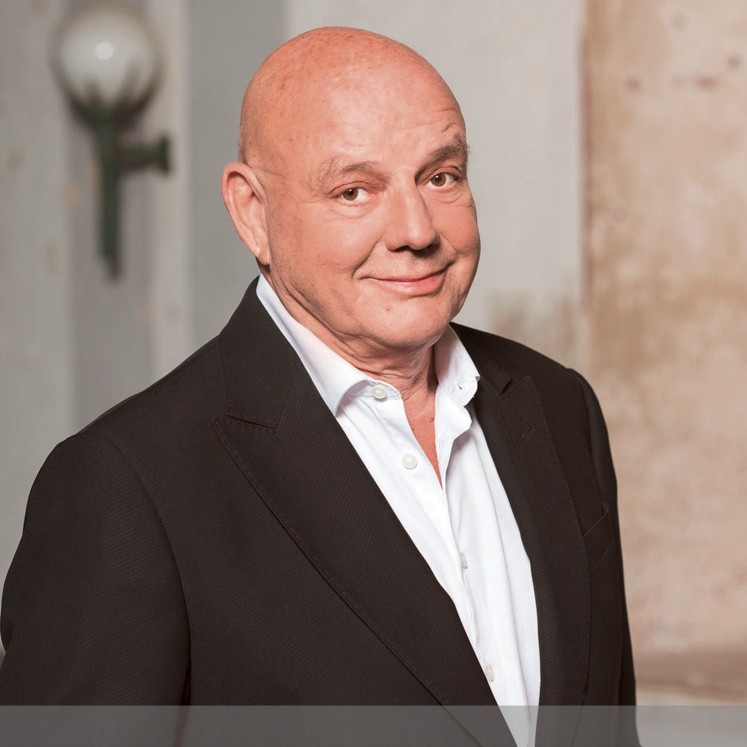
Bruckner in the distorting mirror of posterity
In the last part of the series Böck ist Bruckner the focus is on the afterlife of the composer. Even his contemporary Hans von Bülow regarded Bruckner as „half genius + half idiot“ and the contradiction between the „simple“ man and his complex creations, which painfully disturbs the cherished desire for harmony between the person and the work, became in retrospect greater than ever. While on the one hand Victor Léon and Ernst Décsey in their successful play Der Musikant Gottes (God's Minstrel) served up to the catholic-conservative audience a portrait dripping with clichés, of a naive, clumsy but deeply pious and divinely gifted artist, on the other hand the corporate state and the Nazis glorified him into the figure of a „deutschen Tonheros“, („German musical hero“ ). As a result of this veritable split in the historical personality the image of Bruckner is dominated to this day „by two central themes: on one side stands „God's Minstrel“ and on the other the rustic eccentric, the typical (Upper) Austrian artist, who (…) can easily – even in fascist systems – be elevated to become a nationalist artist“. The readings give an entertaining tour d`horizon of the polyphonic literary views of Bruckner, accompanied by the music of his enthusiastic supporters.
Lieder and piano works by
Anton Bruckner (1824–1896)
Richard Wetz (1875–1935)
Egon Wellesz (1885–1974)
Wilhelm Furtwängler (1886–1954)
Heinrich Kaminski (1886–1946)
and others
Wolfgang Böck | Speaker
Elisabeth Wimmer | Soprano
Daniel Linton-France | Piano